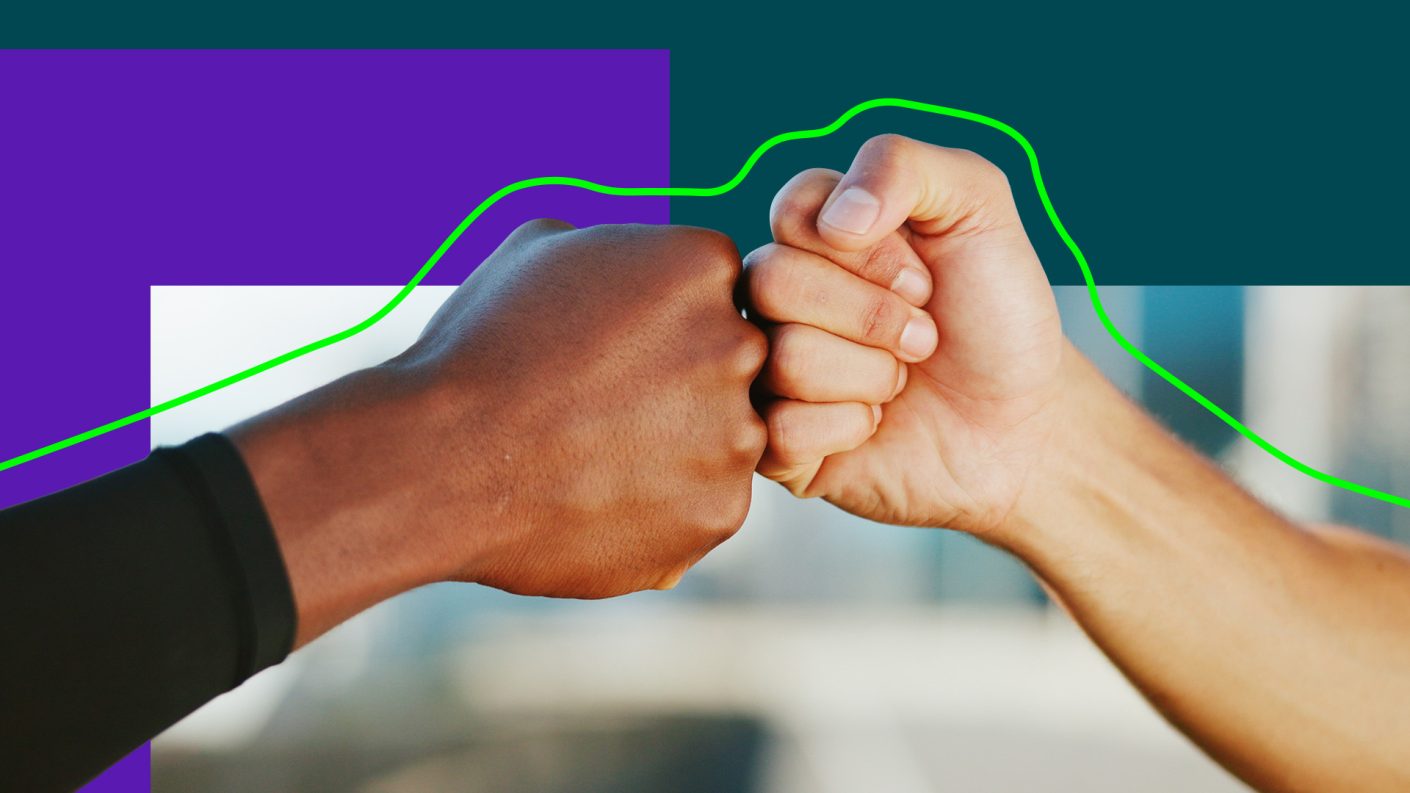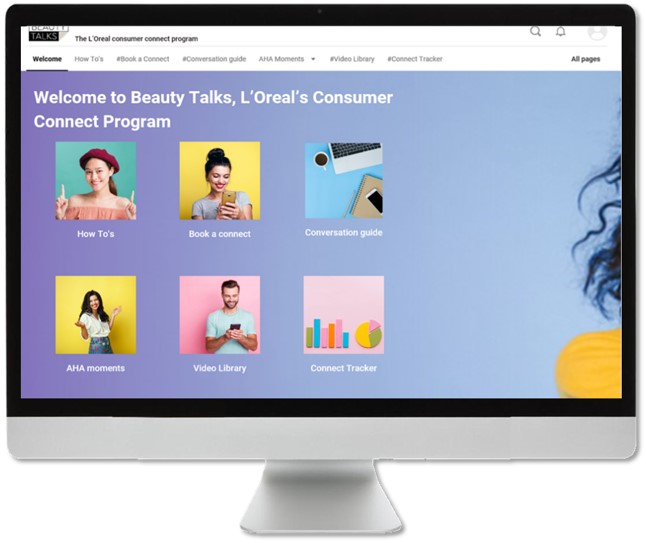Stepping outside of the algorithm to reconnect with consumers
Discover why empathy, intuition and cultural understanding are essential to reclaiming relevance and resonance in a tech-saturated world.


Tim Wragg
21 August 2025
4 min read
As modern marketers, advertisers or brand professionals, we can’t afford to resist new ways of working. Technology brings incredible advantages – but it also risks taking away a unique asset that makes us indispensable.
Our humanness.
A shift can already be felt as people push back against tech’s overreach, reclaiming what it means to be human. Governments are restricting social media to minors and consumers are rejecting surveillance and manipulation. Concerns about AI’s factual errors, copyright issues, environmental impact, and mental health effects are growing. One new study revealed students who used ChatGPT to write essays saw a 47% reduction in brain activity and could hardly remember what they’d just co-written.
The human disconnect in an AI-driven world
In the midst of uncertain times sit brands. While technology enables them to be with consumers 24/7, they are becoming disconnected from audiences’ cultural realities.
When news emerged that Duolingo was making the switch to become an “AI-first” company, replacing contractors with generative AI, public perception of the brand soured. Meanwhile, Mark Benioff, the CEO of AI software company Salesforce, recently informed the world that: ‘AI does not love, does not feel loss, does not suffer. And because of that, it is incapable of expressing true compassion or understanding human connection. We do. And that is our superpower.’
It’s a sentiment that we share at Human8. Our superpower is in making those connections, but we see that brands’ enthusiasm for AI is weakening their connection to people’s realities. We’ve lost something in the declining status of planners and creatives at the expense of data scientists.
Thirty years ago, we marvelled at the first clickable ad. Today, analytics optimise targeting, content and bidding in real time. Emerging immersive and automated tech will further enhance brand reach and shopping experiences. Meanwhile, short-form video on TikTok, Instagram and micro-influences are driving more authentic brand engagement.
But do these algorithmic gifts really build more connection? We gain much from frictionless brand experiences, but what we are losing? Should we mirror the doubts of a society that wants to escape algorithms?
Why human connection still matters
Organisations are building huge data lakes and assets to capture first-party data through machine learning, with a hyper-rationalist desire to build more data points to improve targeting. That’s crowding out our innate abilities to understand the customer on emotive, intuitive and visceral levels – understandings that come from constant exposure to people and their cultures.
For the senior leadership of brands, that understanding comes from walking the floor, having conversations with customers, responding to verbal and non-verbal cues and embracing the messiness of reality. Not intermediated by data or instant AI summaries.
Recent work we have done with L’Oreal perfectly encapsulates this desire for increased humanness. We’re enabling more experiences that provide leaders with serendipitous insights that can only come from the frictional ‘messiness’ of true engagement.
In our ‘BeautyTalk’ programme, we have onboarded and trained over 3,000 people, connecting staff with consumers and professionals (salons and the like). They can keep their finger on the pulse of how customers are thinking and feeling in highly dynamic categories, as well as sensing and developing empathy with their customers to blend with data.

Action steps to reclaiming connection in the age of AI
So, what can brands do to surf the technological wave while remaining grounded in the humanness that is our superpower?
- Understand the neurology of decision-making. Our left-brains are target-driven, analytical, detailed and logical. The right-brain sees the whole picture, the contours and complexity. It’s the home of empathy, intuition and should guide decision-making but it’s underused because the left is overly dominant. We must engineer a rebalance because that interconnectedness gets us closer. Apple didn’t develop intuitive technologies purely in a lab. Founder Steve Jobs believed in getting ‘closer than ever to your customers, so close that you tell them what they need well before they realise it themselves’.
- Focus on cultures. Whether it’s shop-a-longs, video conversations or one-to-ones, senior marketers need to reconnect with their customers by getting back on the shop floor, listening, observing, feeling, empathising, and measuring. Qual and quant in harmony. Cultures are incredibly complex and, constantly shifting patterns and networks that can’t be mapped by data alone. Understanding those cultures is crucial if brands want to be more influential and persuasive.
- Embrace messiness. There’s discomfort in these engagements, but that’s where serendipity happens. We have become too comfortable with the clean lines of AI-engineered data collection and dissemination and need to pursue a systematically messier approach to extract truly impactful insights. It’s a mindset shift that marketers say they want. But if this is so, why aren’t they doing so already? By avoiding uncomfortable situations, we miss the realities of people’s lives they don’t always articulate, their frustrations, anger, joyfulness.
- Invest in people. Don’t just hire them, invest in them. Bringing to the forefront their human skills of creativity, critical thinking and storytelling. If everything is intermediated by an algorithm, human dignity suffers. Many in the industry believe we as humans are organic algorithms, taking stimuli and processing it, in the same way machines do. I don’t buy that. Humans want greater control over their destinies and we should help them.
The greatest risk for brands is losing human connection. This isn’t a rejection of technology, but a call to refocus on our humanity, reclaiming our marketing strengths, regaining control and reconnecting with consumers and each other.